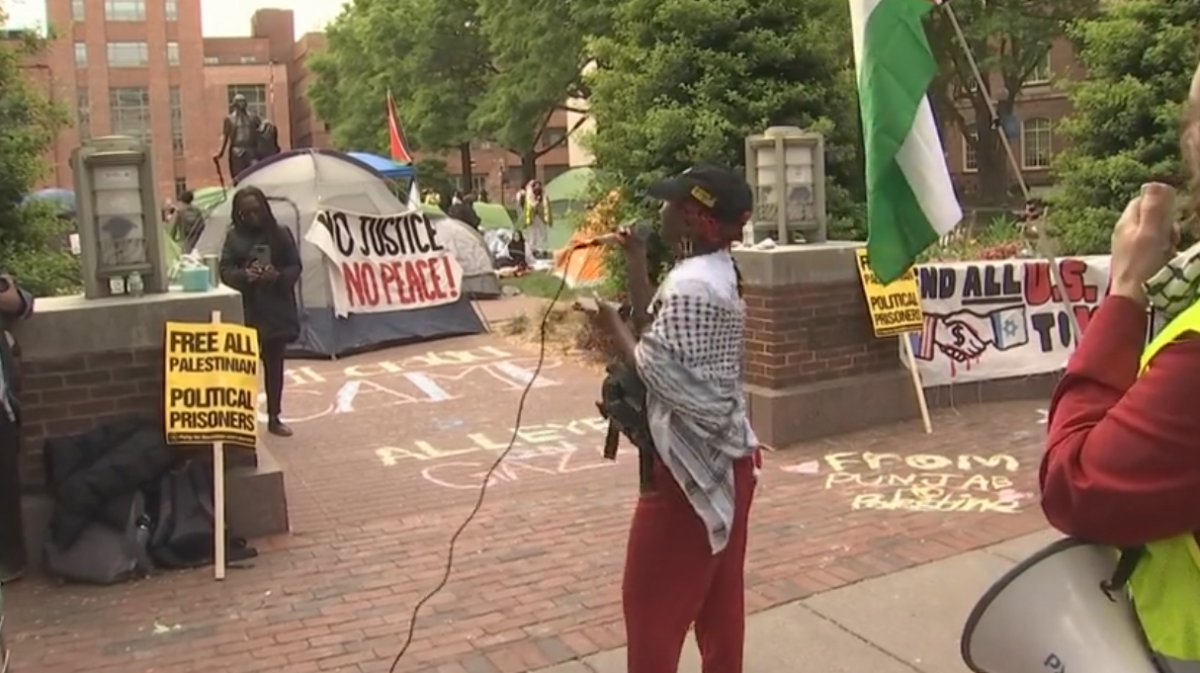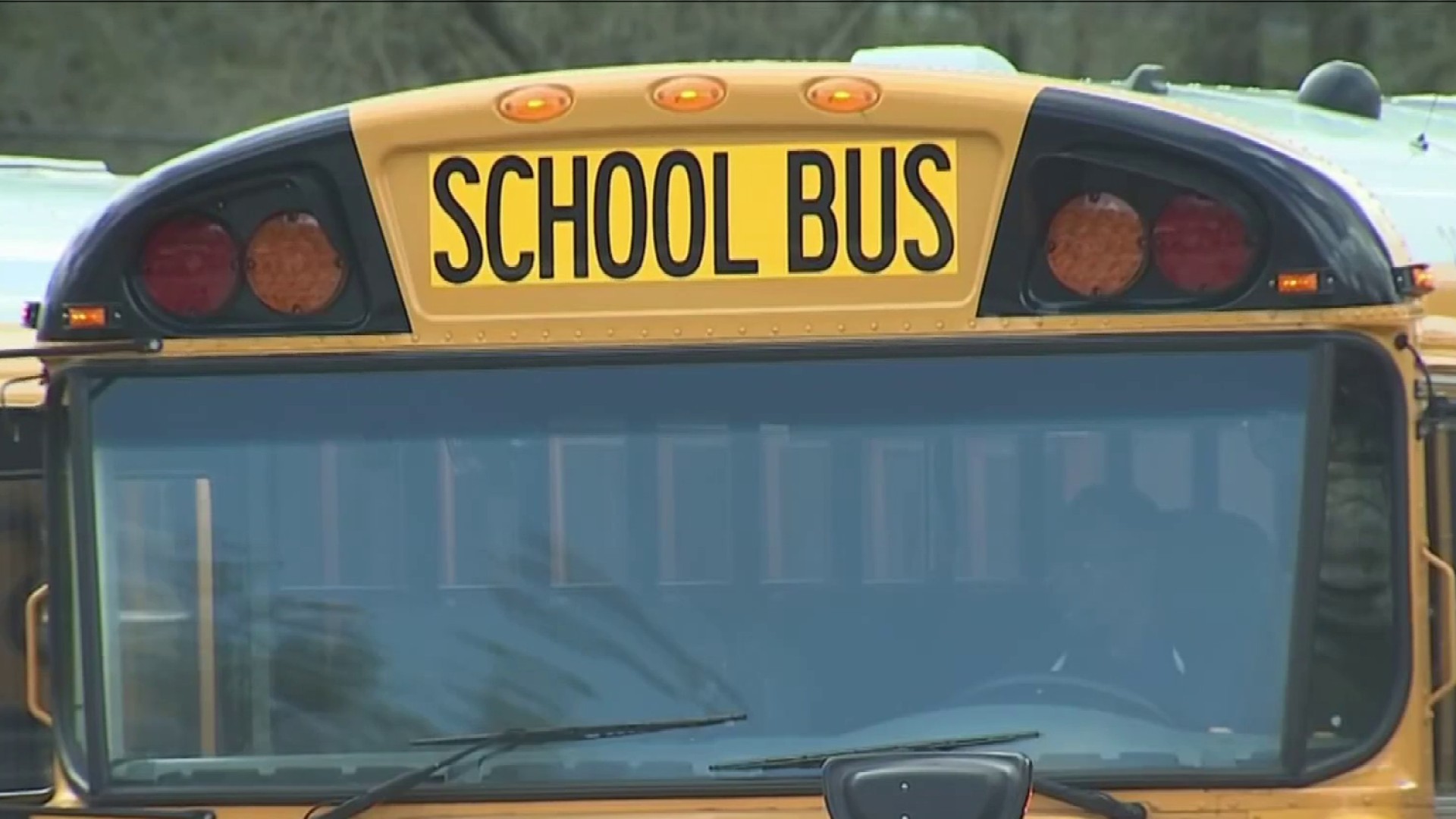What do you snack on? Some chips? Candy? Or maybe, if you’re good, an apple? Tor many District residents, that healthy lunch, dinner or even snack option isn't convenient.
Several members of the D.C. city council want to make fruit and vegetable stands abundant, rather than a rarity. According to the Washington Examiner, at-large Councilman Kwame Brown and Ward 3 Councilwoman Mary Cheh have introduced a bill that would provide subsidies to corner markets in some of the city’s poorest neighborhoods to encourage them to carry fruits and vegetables.
The main target of the bill would be “food deserts.” Those are areas of the city where it’s easier and often cheaper to buy sodas and junk food than oranges and carrots. Wards 7 and 8 are particularly dry when it comes to accessibility to healthy foods. According to the Examiner, there are three grocery stores between the two wards that serve more than 140,000. In comparison, there are 12 grocery stores that serve the affluent communities in wards 2 and 3.
The Examiner said that the bill will include loans, grants and tax breaks to bring in chain grocery stores. But the council members are more interested in getting the mom-and-pop shops to provide their customers with affordable fruits and vegetables.
"We have small corner stores that will sell a six-pack in a minute but not a tomato," Brown told the Examiner.
The corner stores would also receive tax credits, loans and grants if they agreed to sell produce or “other healthy foods” for at least five and serve residents on welfare. According to the Washington Examiner, a food distribution system would also be established that would help the stores to buy healthier foods in bulk.
The bill might find difficulty gaining traction as the council looks to close a $175 million budget gap. Its costs are also yet to be determined. Cheh said she believes funding can be found by better spending cash that's already in the budget, and Brown suggested phasing in the program so it's in place when funding becomes available.
Local
Washington, D.C., Maryland and Virginia local news, events and information
Another hurdle may be getting the corner shops excited to participate.
“What we really need are clientele,” Irving Parker, who sells potatoes and onions at Suburban Market in Ward 7, told the Washington Examiner. “We can do a whole lot of things when we have clients.”



